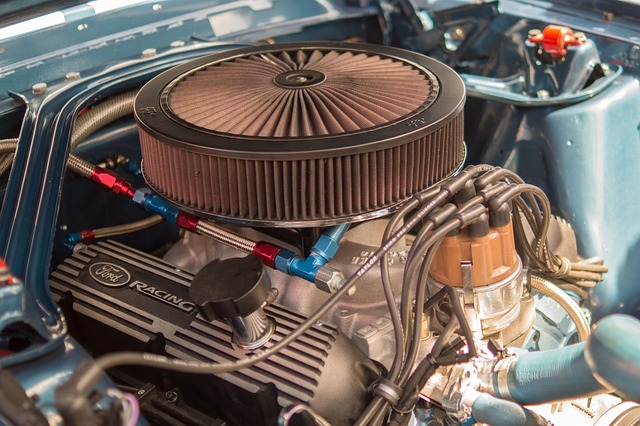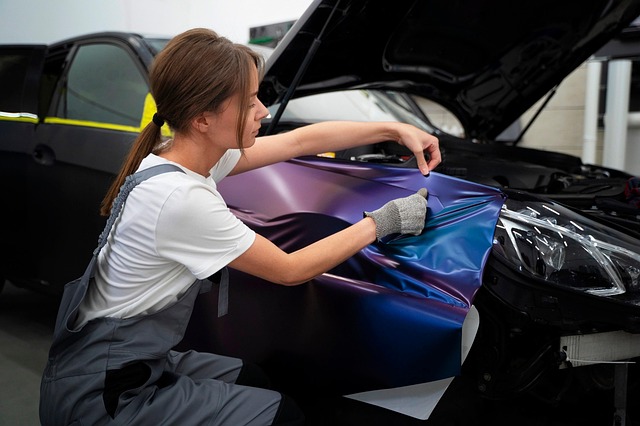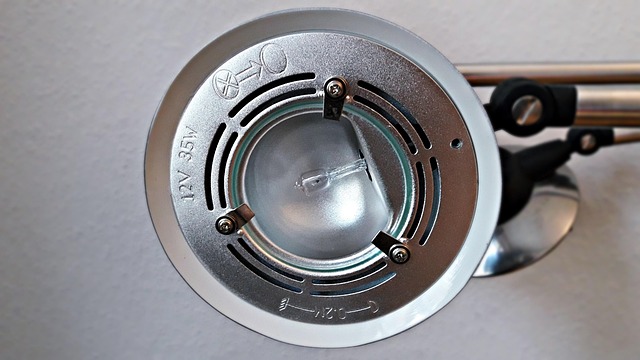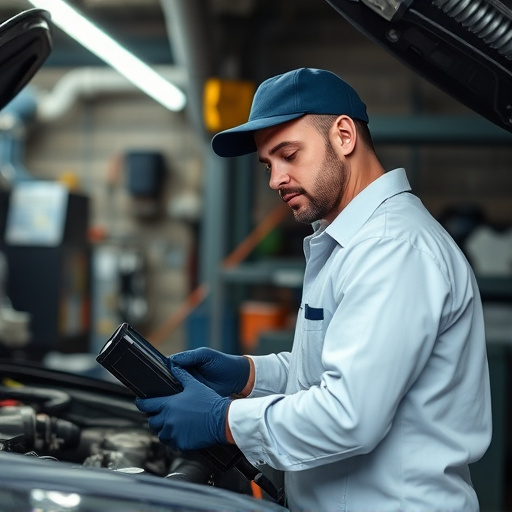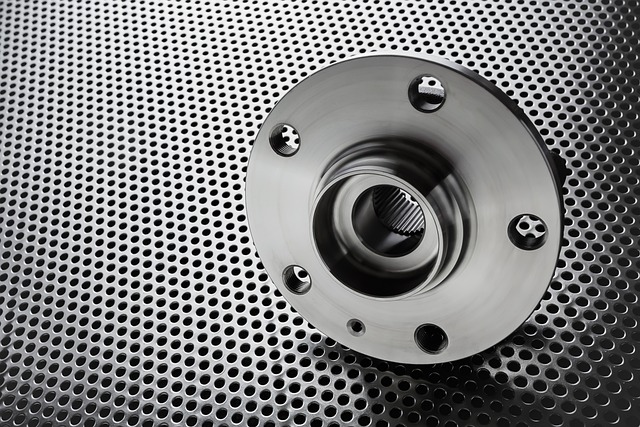Aluminum body components are favored in automotive repairs due to their lightweight yet durable nature, superior strength-to-weight ratio over steel, and high corrosion resistance. These benefits lead to easier handling for technicians, enhanced structural integrity, improved fuel efficiency, better cornering dynamics, and longer vehicle lifespans. Corrosion resistance ensures cost savings for both repair professionals and vehicle owners, making aluminum components a preferred choice in the auto body repair industry.
Technicians across the automotive industry are increasingly favoring aluminum body components for repairs due to its unique properties. This preference is driven by a combination of lightweight construction, superior corrosion resistance, and cost-effectiveness. In this article, we delve into these advantages, exploring how aluminum’s strength-to-weight ratio enhances fuel efficiency and vehicle handling. We also discuss its natural resistance to corrosion, making it ideal for diverse climates. Additionally, we examine the ease of manufacturing and rapid prototyping that contribute to both quality repairs and significant cost savings.
- Lightweight and Durable: Advantages of Aluminum in Automotive Repairs
- – Discussion on the weight advantage and its impact on fuel efficiency and handling.
- – How aluminum's strength-to-weight ratio makes it a preferred choice for repair and replacement parts.
Lightweight and Durable: Advantages of Aluminum in Automotive Repairs

Aluminum body components offer a unique blend of lightweight and durable properties, making them highly desirable in automotive repairs, particularly for those involved in car restoration and collision repair services. This metal is renowned for its superior strength-to-weight ratio compared to traditional steel bodies, enabling vehicles to be lighter without sacrificing structural integrity. In the realm of car body repair, this advantage translates into easier handling during the repair process, as technicians can work with a reduced load on their shoulders and backs.
Moreover, aluminum is highly resistant to corrosion, which is a significant concern in car restoration projects. This natural resistance extends the lifespan of repaired vehicles, ensuring they remain in top condition for longer periods. In the context of collision repair services, this property is invaluable as it helps maintain the structural integrity of the vehicle, enhancing safety and reliability on the road.
– Discussion on the weight advantage and its impact on fuel efficiency and handling.

One of the primary reasons technicians favor aluminum body components for repairs is its remarkable weight advantage. Aluminum is significantly lighter than traditional materials like steel, which leads to several benefits in the automotive sector. In terms of fuel efficiency, lighter vehicles require less energy to accelerate and maintain speed, resulting in better mileage and reduced emissions. This is a crucial factor in today’s market where eco-friendly practices are becoming increasingly important.
Moreover, the weight reduction improves handling dynamics in auto repair shops and during auto detailing processes. Lighter components enable more agile cornering, improved response times, and enhanced overall control. For auto repair services, this means better performance and safety, especially at higher speeds. The reduced weight of aluminum body components contributes to a more balanced vehicle distribution, making it a popular choice for those seeking optimal handling and fuel economy.
– How aluminum's strength-to-weight ratio makes it a preferred choice for repair and replacement parts.

Aluminum’s remarkable strength-to-weight ratio makes it a top choice for technicians when it comes to aluminum body components for repairs and replacements. This characteristic ensures that auto body repair and vehicle dent repair processes are more efficient, as lighter parts can withstand significant force while maintaining structural integrity, which is crucial in collision repair services.
The durability of aluminum also plays a significant role in its preference over other materials. It offers excellent corrosion resistance, ensuring that repaired components last longer without succumbing to rust or decay, particularly in challenging environmental conditions. This longevity translates into cost-effectiveness for both technicians and vehicle owners, streamlining the overall auto body repair process.
Aluminum body components have firmly established themselves as a game-changer in automotive repairs, offering both lightweight and durable solutions. With its superior strength-to-weight ratio, aluminum significantly enhances fuel efficiency and vehicle handling, making it a preferred choice for technicians worldwide. Its versatility allows for precise manufacturing, ensuring optimal performance and longevity in repair processes. This shift towards aluminum underscores the industry’s evolving preference for innovative, efficient, and sustainable materials.


